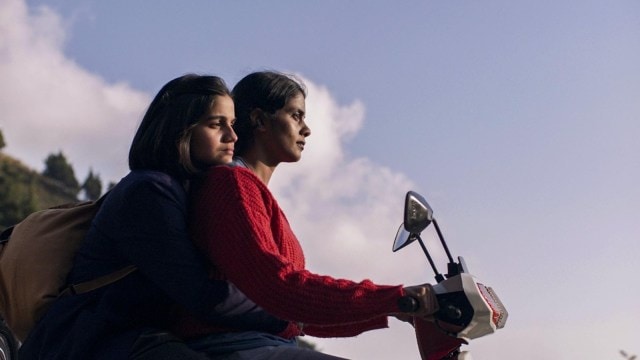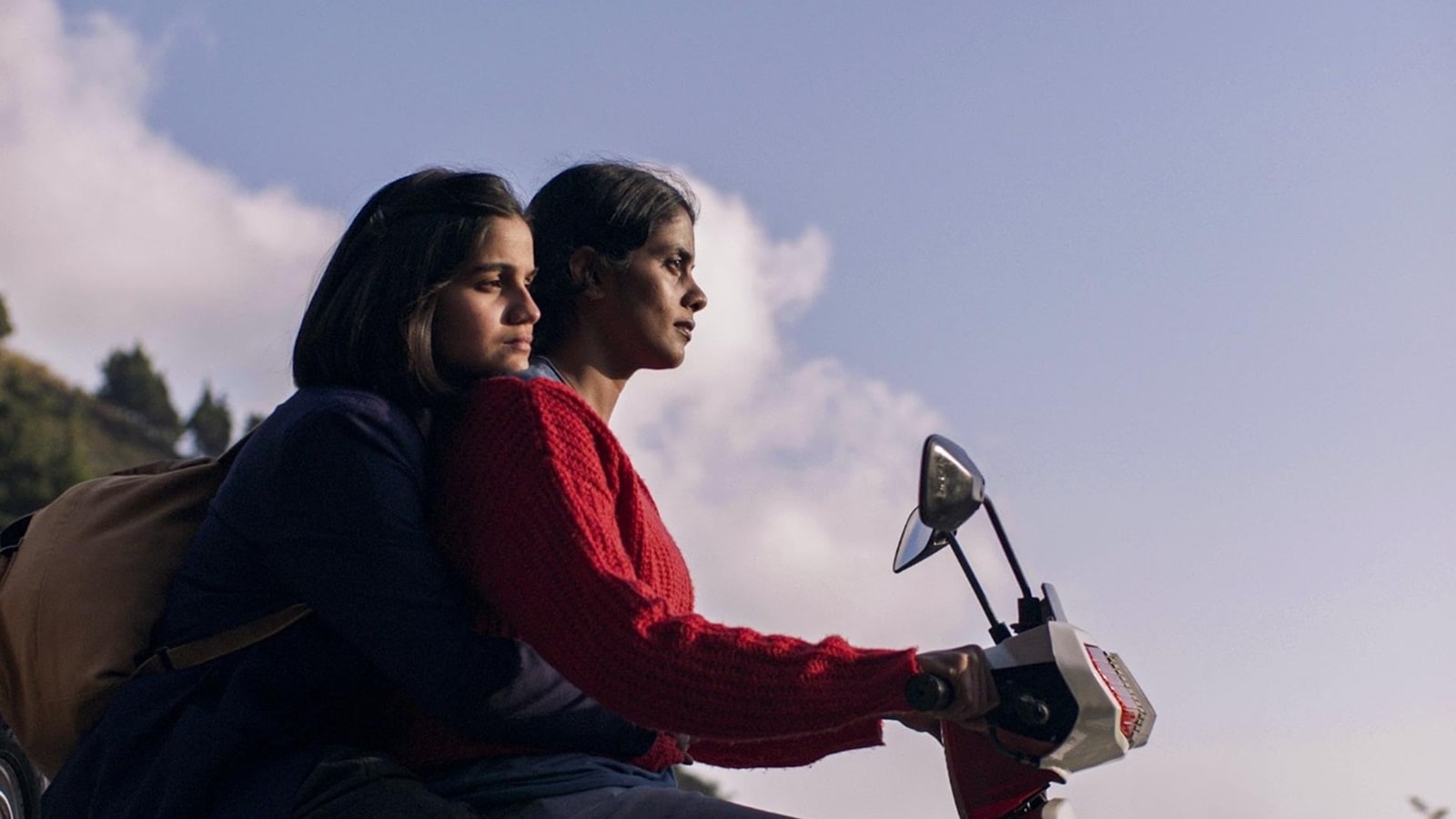

Jan 11, 2025 12:51 IST First published on: Jan 11, 2025 at 12:51 IST
In Aysegul Savas’ novel White on White, a mother comments to the narrator that most childhood memories that her daughter processes as trauma in therapy do not appear like real trauma to her. The non-committal narrator of the novel does not offer any sympathy or judgement. She is a listener, and like all listeners, she does not feel the need to offer her opinion constantly. On being prodded, though, she says that perhaps this is a “generational difference”.
We see this generational difference play out when our parents and others like them shrug off the everyday things that upset us. A throwaway remark by a distant relative or a taunt that is masked as a harmless joke. To see this only as an overreaction, as everything being processed as trauma, is to miss the possibility of it. Maybe, we are trying to express our hurt while they have been taught to deny theirs. Small hurts can easily become destructive when left unexpressed.
What if we imagined our parents expressing their hurt too? A bunch of recent films from across the world show us how. In Celine Sciamma’s 2021 film Petite Maman, an eight-year-old child fantasises about meeting her mother’s younger self. She desires to understand her mother’s unhappiness that drives her. In doing so, it acknowledges that there is some unhappiness to begin with.
Charlotte Wells’s sensitive Aftersun, released in 2022, relives the last holiday a daughter shared with her suicidal father. In Andrew Haigh’s 2023 film All of Us Strangers, the adult protagonist witnesses his long-dead parents, who he never got to know because of their early death when they were work-in-progress adults. In their unique ways, these filmmakers attempt to view parents not through the fixed memory of how they appeared in childhood but with their lived-in gaze of adults who have experienced life.
We see this again in Shuchi Talati’s recently released Girls Will Be Girls. 18-year-old Mira’s mother, Anila, does not always act like an adult should. She is like a bird arrested mid-flight who cannot forget what it felt like to fly. Mothers are not supposed to be like that. In two striking sequences, both involving dancing, Mira does not like that Anila puts herself in what should be hers. These are Mira’s moments, but her mother wants her share.
Actresses Kani Kasurti and Preeti Panigrahi are beautifully expressive in how they play mother and daughter. Anila is supposedly policing Mira’s relationship with her boyfriend within the boundaries of their home. But in how this plays out, she seems to be almost competing with her, insisting, for example, that he sleep in her bed during a sleepover.
Seeing the mother like this — vulnerable and imperfect — is the film’s way of acknowledging her life. The one that she is living and the one she could not live. We can tell that Anila must have been courageous in her youth, but she may not have been able to live all the adventures she imagined for herself. Mira understands this only towards the end when the limits on her own freedom become clear, and Anila defends and protects her. Perhaps she realises what Anila has felt all her life. The ending sequence of Mira oiling her mother’s hair compels us to think that the mother’s needs are, perhaps, not very different from the daughter’s. They can both be guardians of each other’s freedom.
most read
Like the other films, Girls Will Be Girls is a poignant act of empathy by the filmmaker. It reconsiders childhood by extending our understanding to the other half of it – parenthood. A dialogue from All of Us Strangers sums it up. The mother confesses to her grown-up son that she would have been better at motherhood with time. This is an imagination allowing parents to accept their weaknesses and humanity.
This is what art does. It does not merely settle scores but challenges us to do the difficult work. To find within us the capacity to empathise. Not by denying the small and big hurts of life but by acknowledging them. When you free yourself, you also free the other.
The writer is a film scholar and critic based in Delhi
Discover the Benefits of Our Subscription!
Stay informed with access to our award-winning journalism.
Avoid misinformation with trusted, accurate reporting.
Make smarter decisions with insights that matter.
Choose your subscription package


